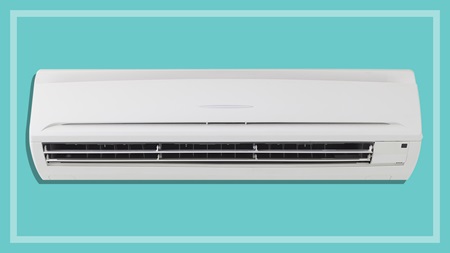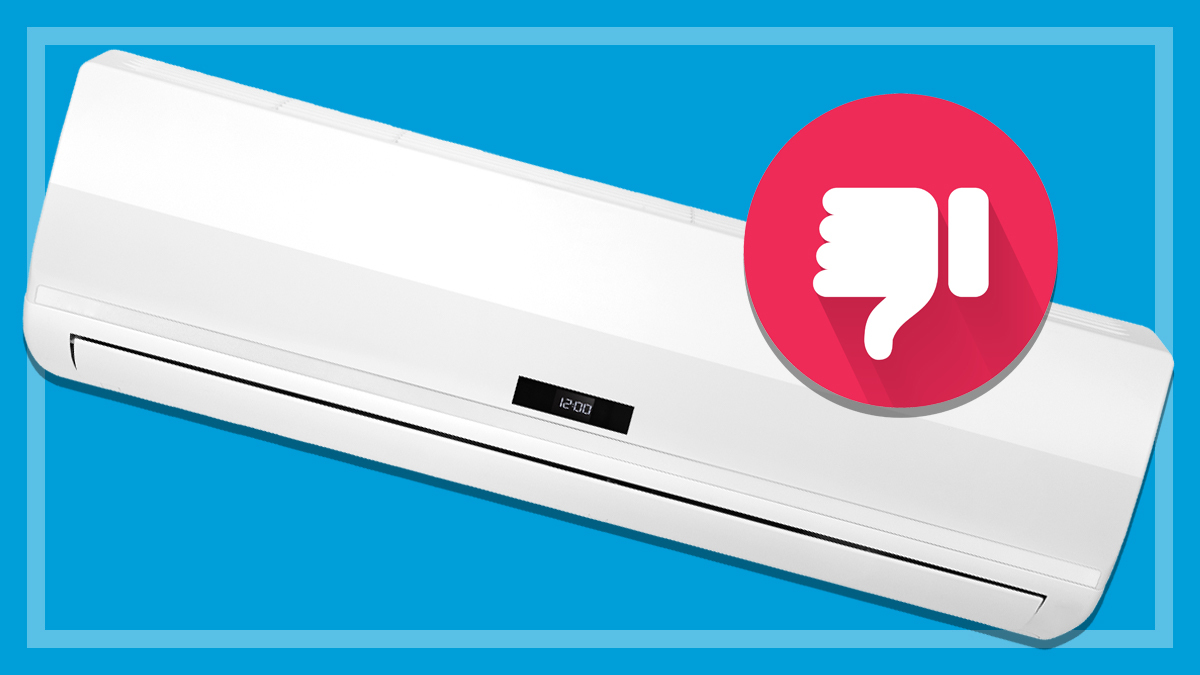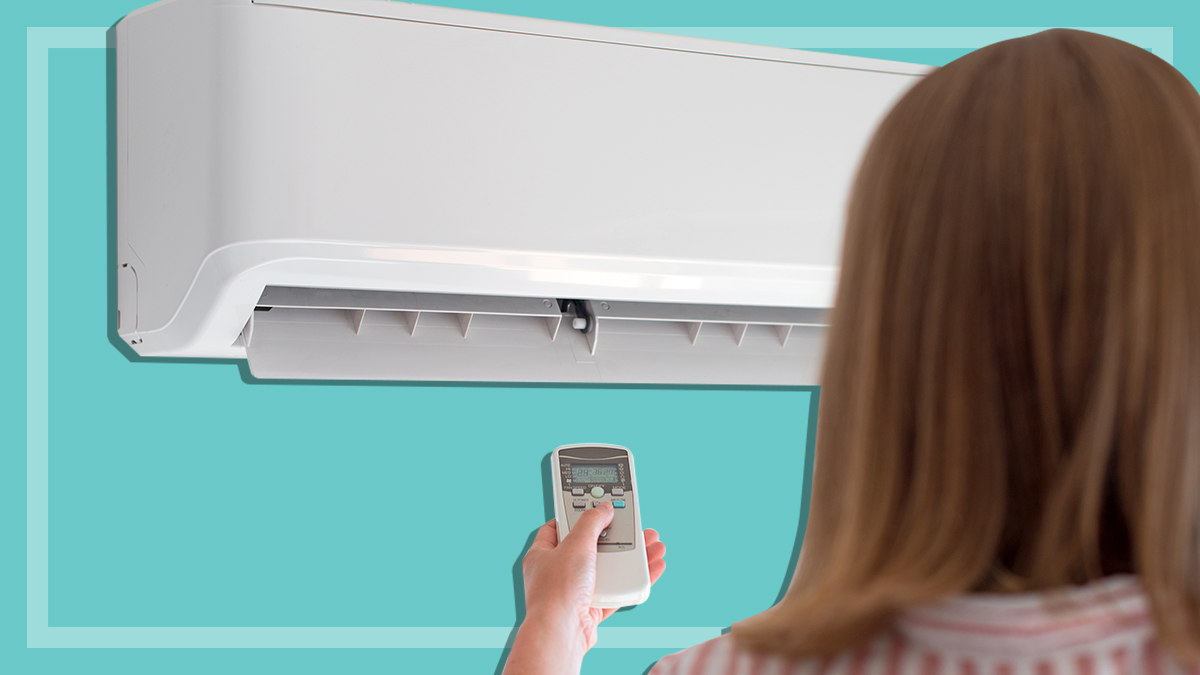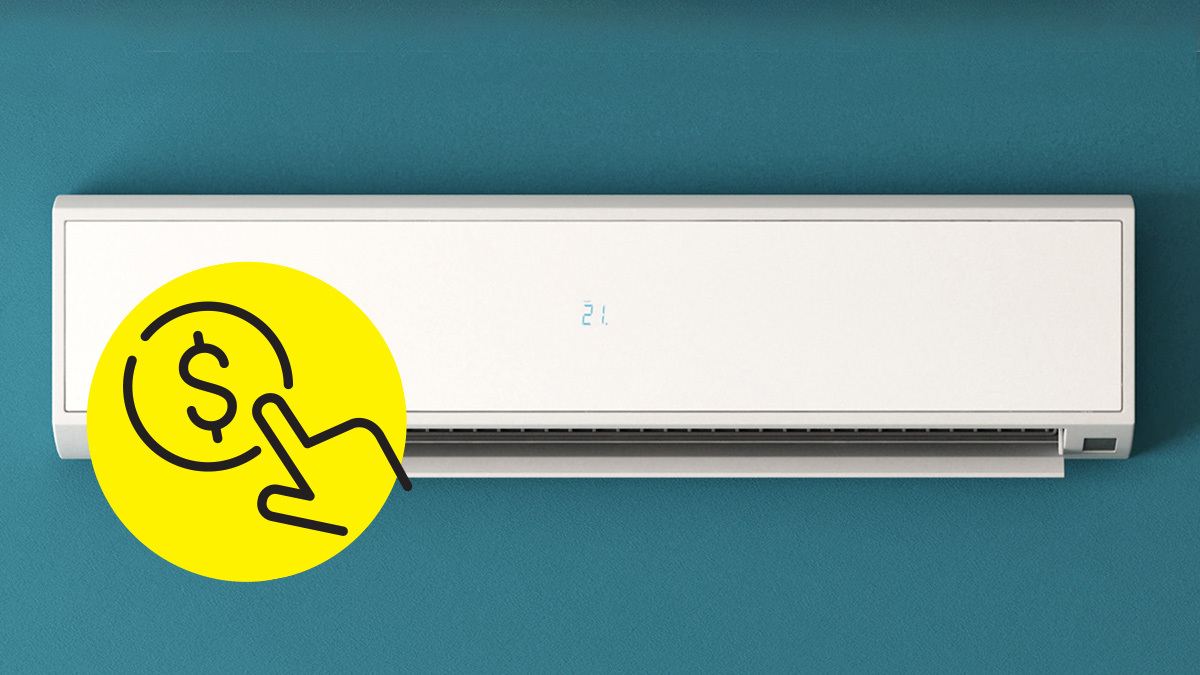Get our independent lab tests, expert reviews and honest advice.
What size air conditioner do I need?
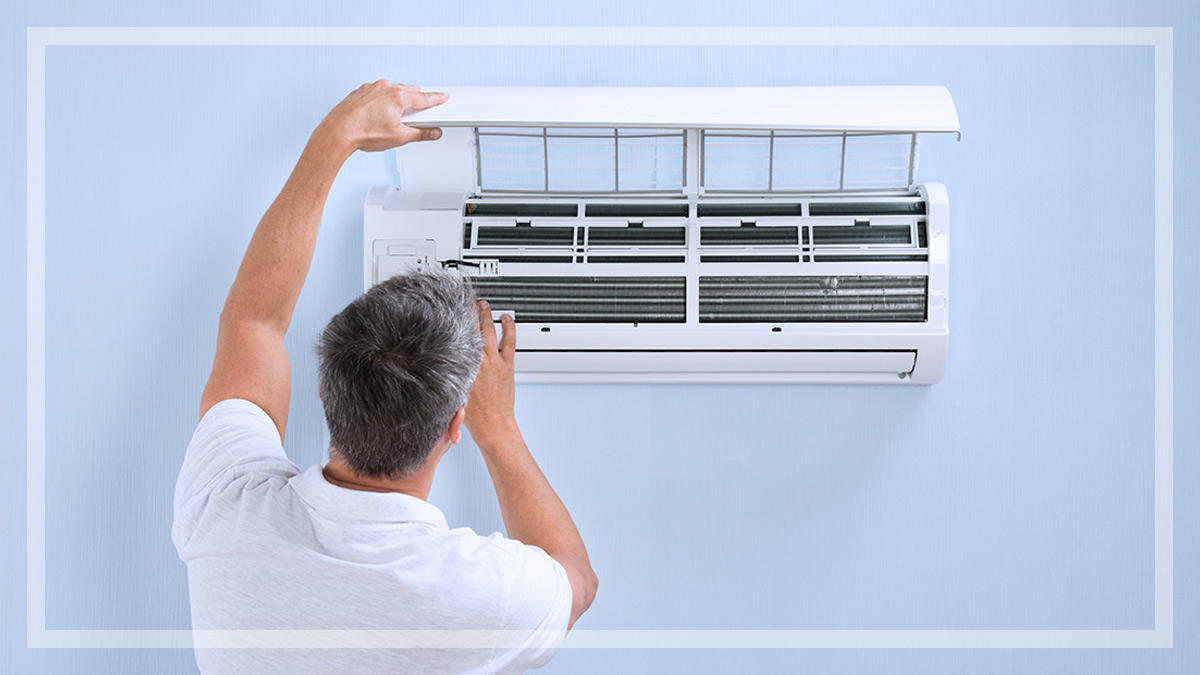
Need to know
- Room size is important, but it’s not the only crucial factor when choosing an air conditioner
- Where you live and the way your house is built, insulated and orientated will also have a significant impact
- It’s important to choose the right size air conditioner so it’s as efficient as possible and doesn’t cost a fortune to run
On this page:
- What influences the size of air conditioner you need?
- How to calculate what size air conditioner you need
- Air conditioner room size chart: A rough guide
- Why where you live matters
- Why roof insulation matters
- Why you shouldn’t go too big or too small
No matter how hot under the collar you get, buying an air conditioner should never be an impulse purchase.
It’s an expensive, long-term commitment that has big implications for your power bill and comfort levels alike, so it’s important to do your homework before installing one.
Plus, if you’re going to use it in winter as well (reverse-cycle air conditioning is actually the most efficient way to heat your home), getting it right is extra important as you’ll be relying on it for all your heating and cooling needs.
In a hot country like Australia, it might be tempting to just opt for the biggest air conditioner you can get, but bigger isn’t always better.
So how can you find out the capacity you need? We’ll walk you through everything you need to know.
What influences the size of air conditioner you need?
You may assume that the size of your room dictates the capacity of air conditioner you should buy.
But although room size is an important consideration, every home is different and there are actually many other factors that will affect your air conditioning capacity requirements.
I saved hundreds on my last air conditioner purchase by calculating that a smaller capacity model would suit my home
Chris Barnes, CHOICE air conditioning expert
“Take some time to assess the room before you decide on which air conditioner to buy,” says CHOICE air conditioning expert Chris Barnes.
“I saved hundreds on my last air conditioner purchase by calculating that a smaller capacity model would suit my home.”
These four things have the biggest impact on what size air conditioning unit you’ll need. When you use an air conditioner size calculator, you’ll get a more accurate estimate if you can enter as many of these details as possible.
- Room size: What’s the length, width and ceiling height? While floor space is important, so is total volume – a room with high ceilings will require more energy to cool and heat.
- Insulation: Are the ceilings and walls insulated? What’s underneath and on top of the room?
- Location: Where do you live? A room in Darwin will need a more powerful air conditioner for cooling, compared to an otherwise identical room in Hobart.
- Orientation: Which way does the room face? A large north- or west-facing window can let in a lot of heat in summer, whereas a shaded, southern-facing window will be cooler.
What size air conditioner should you get?
How to calculate what size air conditioner you need
Some installers and online calculators offer only a simplistic analysis and may tend to recommend a larger capacity than you really need.
Find a calculator that takes all of the room’s details into account, including window size, shading, window coverings, insulation and local climate. The more information you can include, the more accurate the calculation will be.
The more information you can include, the more accurate the calculation will be
The cooling load and heating load calculators on fairair.com.au, offered by the Australian Institute of Refrigeration, Air Conditioning and Heating (AIRAH), are worth using.
They allow you to factor in a lot of details about the room, its insulation, window orientation and more, to get an accurate guide to the right air conditioner size.
Alternatively, you can try the calculators on manufacturer and installer websites, but we think these usually tend to overestimate the capacity you need.
Our air conditioner buying guide has lots of info about buying the best air con for your needs, and you can easily compare the cooling capacities of different models in our air conditioner reviews.
Air conditioner room size chart: A rough guide
Although you’ll need to use a calculator that takes a range of factors into account before you decide the capacity you need, having a rough idea can be helpful.
Here’s our guide to the approximate air conditioner capacity (size) you’ll need to cool different room sizes, from a small bedroom through to a large lounge room.
| Room size | Example | Approx. capacity | Price guide |
| Small (up to 20m2) | Bedroom, study, small kitchen | 2–2.5kW | $700-3400 |
| Medium (20–40m2) | Bedroom with ensuite, small lounge | 2.5–5kW | $670-4700 |
| Large (40–60m2) | Large bedroom, mid-sized lounge, large kitchen | 4–6kW | $800-4700 |
| Extra large (60+m2) | Open-plan areas, large lounges | 5–9kW | $800-5000+ |
Why where you live matters
As mentioned above, the climate where you live will have a big impact on your air conditioning requirements.
You’ll need a more powerful unit in Darwin than in Brisbane to deal with the extra heat and humidity, for instance.
And obviously you’ll need a much larger unit for cooling a home in sunny Perth than you will in Tasmania’s cooler climate.
Location, location, location
How air con requirements vary depending on where you live.
Air conditioner capacity needed to cool a 30 square metre room:
Darwin: 2.9 kilowatts
Perth: 3 kilowatts
Adelaide: 2.8 kilowatts
Melbourne: 2.8 kilowatts
Hobart: 1.8 kilowatts
Canberra: 2.6 kilowatts
Sydney: 2.3 kilowatts
Brisbane: 2.6 kilowatts.
According to CHOICE air conditioning expert Chris Barnes, “Most commercial calculators or guides will recommend 3.5 to 5 kilowatts for a room of this size, which is often going to be a lot more capacity than you really need.”
Note: Calculations based on a 5×6 metre corner room with 2.4 metre ceilings, 1×2 metre windows on both the north and east walls, in an insulated brick veneer house with an uninsulated suspended timber floor, a tile roof with ceiling insulation, and blinds/shades on the windows. The room is typically used by two people. We used the cooling calculator on fairair.com.au for our calculations.
Why roof insulation matters
Ceiling insulation has the biggest impact on the size of air conditioner you need.
If you don’t already have it, our experts recommend you consider installing it before you invest in air con, as it can end up saving you money in the long run.
You can see below the difference roof insulation can make on your air con capacity requirements.
Why roof insulation matters
Insulating your roof has a real impact on required air conditioner cooling capacity.
30 square metre room with roof insulation*: 2.3 kilowatts.
30 square metre room with no roof insulation*: 2.9 kilowatts.
According to CHOICE air conditioning expert Chris Barnes, “If you don’t have roof insulation, consider installing it – it’ll save you money on running costs, and you can get away with a smaller air conditioner.”
Note: Calculations based on a 5×6 metre corner room in Sydney with 2.4 metre ceilings, 1×2 metre windows on both the north and east walls, in a brick veneer house with an uninsulated suspended timber floor, a tile roof, and blinds/shades on the windows. The room is typically used by two people. We used the calculator at fairair.com.au.
Why you shouldn’t go too big or too small
We’ve provided some rough guides in this article, but we recommend that you do an accurate calculation so you don’t end up with a system that’s drastically over- or under-sized.
Don’t be tempted to go smaller to save money, or larger to keep your house feeling like a fridge.
Bigger isn’t always better, and smaller isn’t always more economical. Aim for the sweet spot.
Chris Barnes, CHOICE air conditioning expert
You can always use different sized units throughout your house for maximum efficiency – maybe a larger unit in the lounge room and smaller ones in bedrooms and the study.
Remember too that the size of the unit could affect the cost of installation and replacement.
“Bigger isn’t always better, and smaller isn’t always more economical,” says Chris. “Aim for the sweet spot.”
Here’s what can happen if you super-size or skimp on your air con.
Too big
The unit may run frequent short cycles to achieve the target temperature. This can mean:
- the room gets too hot or cold
- the unit doesn’t dehumidify the air enough (so the room feels less comfortable)
- power use increases
- running costs increase
- more wear and tear on the system.
Too small
The unit may have to run at maximum output more often. This can mean:
- the unit dries out the air too much
- more wear and tear on the system
- power use increases.
CHOICE tip: Choose a model that’s either just the right size, or slightly larger than you’ll need for the room. For example, if the room needs a 6kW model, then go for a unit that’s 6–6.5kW.

